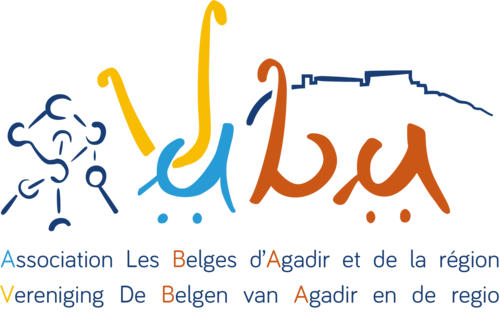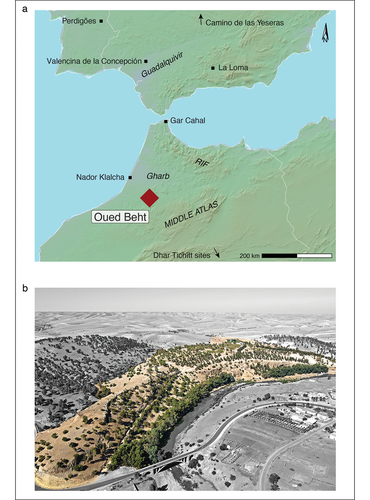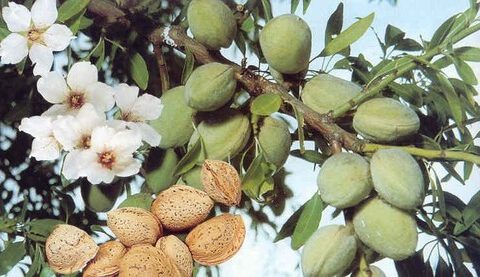The Maghreb, a region historically bridging the western Mediterranean, has long been shrouded in mystery when it comes to its later prehistory.
While its significance during the Palaeolithic and subsequent periods is well-documented, our understanding of the intervening millennia between 4000 and 1000 BC remains relatively sparse.
Now, a groundbreaking archaeological discovery at Oued Beht, Morocco, is shedding new light on this enigmatic era.
Researchers have unearthed a previously unknown farming society dating back to approximately 3400–2900 BC.
This agricultural complex, the earliest and largest of its kind outside the Nile corridor, offers a glimpse into the vibrant and interconnected societies that once thrived across the Maghreb.
The discovery of pottery, lithic tools, and numerous pits provides compelling evidence of a community that played a pivotal role in shaping the region’s cultural landscape and engaging in dialogue with contemporary developments in the wider western Mediterranean.
Oued Beht: Unraveling North Africa’s Prehistoric Past
These recent archaeological excavations at Oued Beht in Morocco have significantly expanded our understanding of North Africa’s later prehistory. These findings offer new insights into the lives of the region’s earliest inhabitants, revealing a complex and dynamic society.
Evidence of early human settlements and Neolithic cultures has been unearthed, including sophisticated stone tools and ceramics. These discoveries illuminate the transition from hunter-gatherer lifestyles to more settled agricultural communities, and highlight the interconnectedness of Neolithic cultures across the Maghreb.
The site also provides invaluable data on the transition from the late Stone Age to the early historical period. Analysis of artifacts suggests extensive trade networks connecting North Africa to the Sahara and the Mediterranean basin, revealing a region far more interconnected than previously thought.
Additionally, the excavations shed light on how prehistoric populations adapted to environmental changes, such as periods of drought and increased aridity. Evidence of early farming and herding practices, coupled with the discovery of animal remains, offers a glimpse into the subsistence strategies of these early communities.
By providing a more accurate chronology for the region, the Oued Beht findings have reshaped our understanding of North Africa’s prehistoric timeline. Moreover, the discovery of engraved artifacts and other symbolic objects offers tantalizing clues about the spiritual beliefs and social structures of these early societies.
In conclusion, the archaeological discoveries at Oued Beht have revolutionized our understanding of North Africa’s prehistoric past. By revealing the complex lives of the region’s early inhabitants, these findings contribute significantly to our knowledge of human history and cultural development.
Source : Oued Beht, Morocco: a complex early farming society in north-west Africa and its implications for western Mediterranean interaction during later prehistory | Antiquity | Cambridge Core & À Oued Beht, des archéologues découvrent l’une des plus antiques « sociétés agricoles » – Médias24 numéro un de l’information économique marocaine




